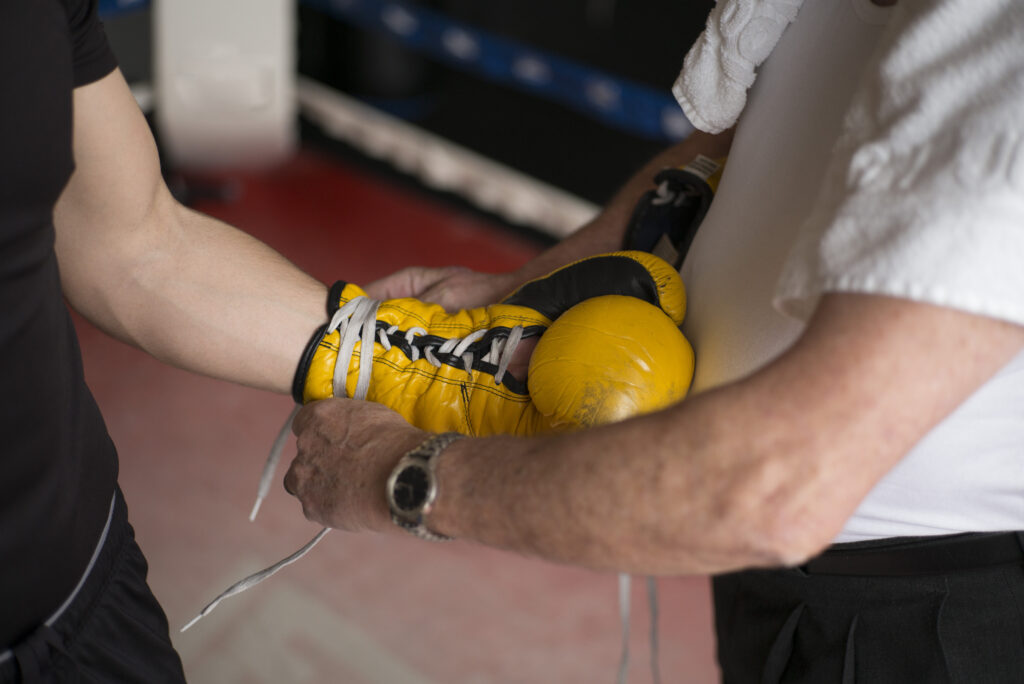At Etowah Recovery Center, we understand that addiction rarely exists in a vacuum. For many individuals, substance abuse is deeply intertwined with underlying mental health challenges such as depression, anxiety, trauma, PTSD, or bipolar disorder. When both conditions are present, this is known as a dual diagnosis, and treating just one without addressing the other can lead to relapse and continued suffering.
That’s why we believe Dual Diagnosis therapy isn’t just important, it’s essential to real, lasting recovery.
What Is Dual Diagnosis?
Dual Diagnosis (also known as co-occurring disorders) refers to the presence of both a substance use disorder and a mental health disorder. Common combinations include:
- Alcoholism and depression
- Opioid addiction and anxiety
- Stimulant abuse and PTSD
- Marijuana dependence and bipolar disorder
These conditions often feed off each other: people may use drugs or alcohol to cope with emotional pain or mental illness, while substance use can worsen or even trigger mental health symptoms.
Why Treating Both Conditions Matters
When only the addiction is treated, untreated mental health issues can cause emotional instability, impulsive decisions, or a return to self-medicating behaviors. Likewise, focusing solely on the mental health diagnosis while ignoring substance use often leads to incomplete or short-lived improvement.
Dual Diagnosis therapy addresses the full picture, because both parts matter.
The Benefits of Dual Diagnosis Treatment at Etowah Recovery Center
Here’s how our integrated approach supports real healing:
1. A Comprehensive Assessment
We begin with a detailed evaluation to understand the full scope of your challenges, both mental and physical. Identifying underlying trauma, mood disorders, or anxiety issues helps us tailor a treatment plan that meets your unique needs.
2. Individualized Treatment Plans
No two journeys are the same. Whether you’re dealing with long-standing depression or recent trauma, our team creates a plan that combines medical support, therapy, and recovery tools to treat both conditions at the same time.
3. Evidence-Based Therapies
We utilize proven therapies like Cognitive Behavioral Therapy (CBT), Dialectical Behavior Therapy (DBT), and trauma-informed care to help you build emotional resilience, reframe harmful thinking, and develop healthy coping mechanisms.
4. Medication Management
For many people, medication can be a helpful part of recovery. We offer psychiatric support and medication-assisted treatment (MAT) when appropriate, helping to stabilize mood and reduce cravings safely.
5. Supportive Environment
Healing is hard work, but you don’t have to do it alone. Our compassionate team provides a judgment-free space where you can explore your mental health, confront your addiction, and learn new ways to thrive in sobriety.
You Deserve to Heal Fully
It’s not enough to just get clean or stop drinking. At Etowah Recovery Center, we want you to feel truly well, mind, body, and spirit. That means understanding and treating what lies beneath the addiction, not just the symptoms on the surface.If you or a loved one is struggling with both substance use and mental health challenges, don’t wait. Dual Diagnosis treatment can change everything.





